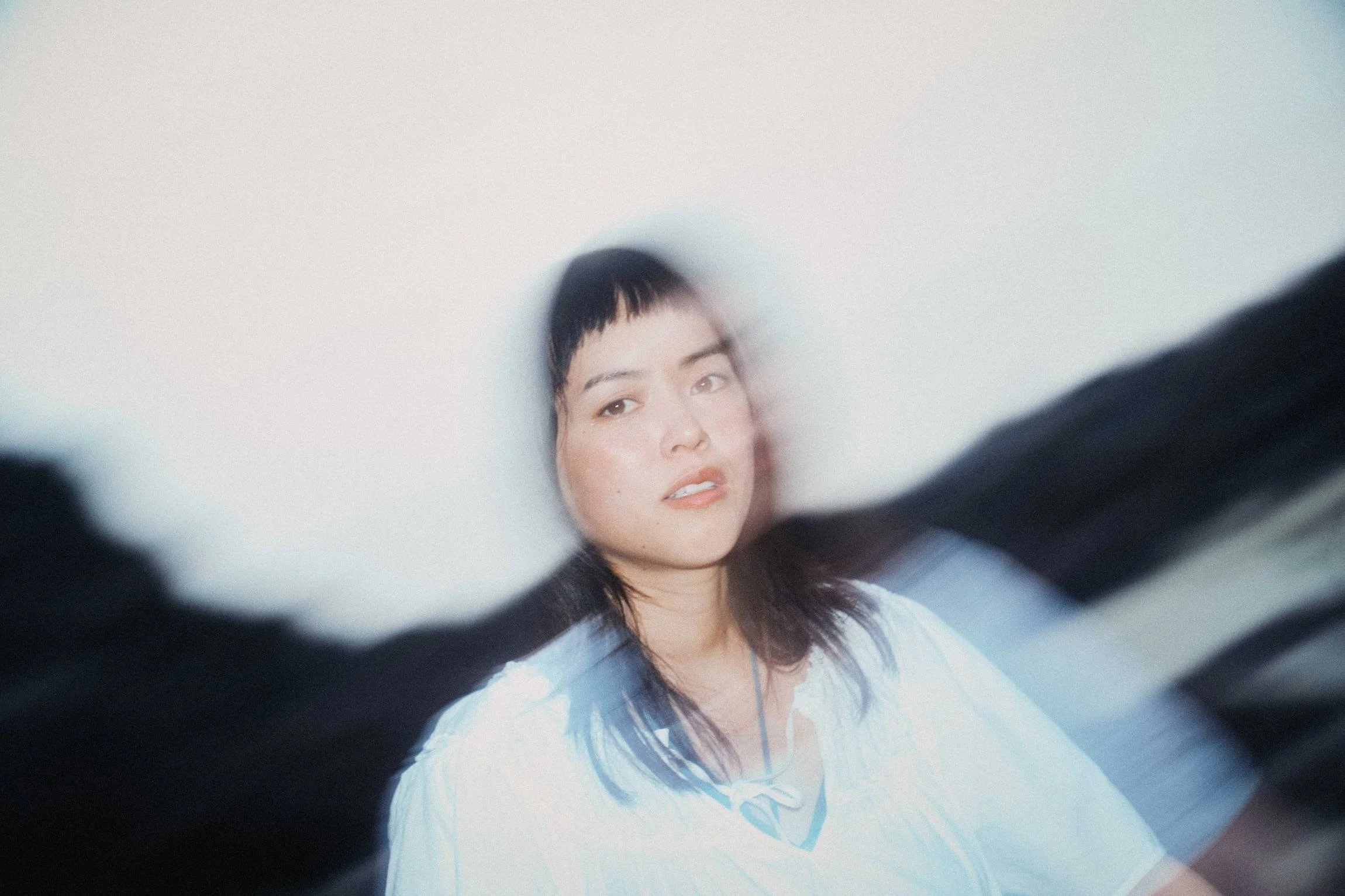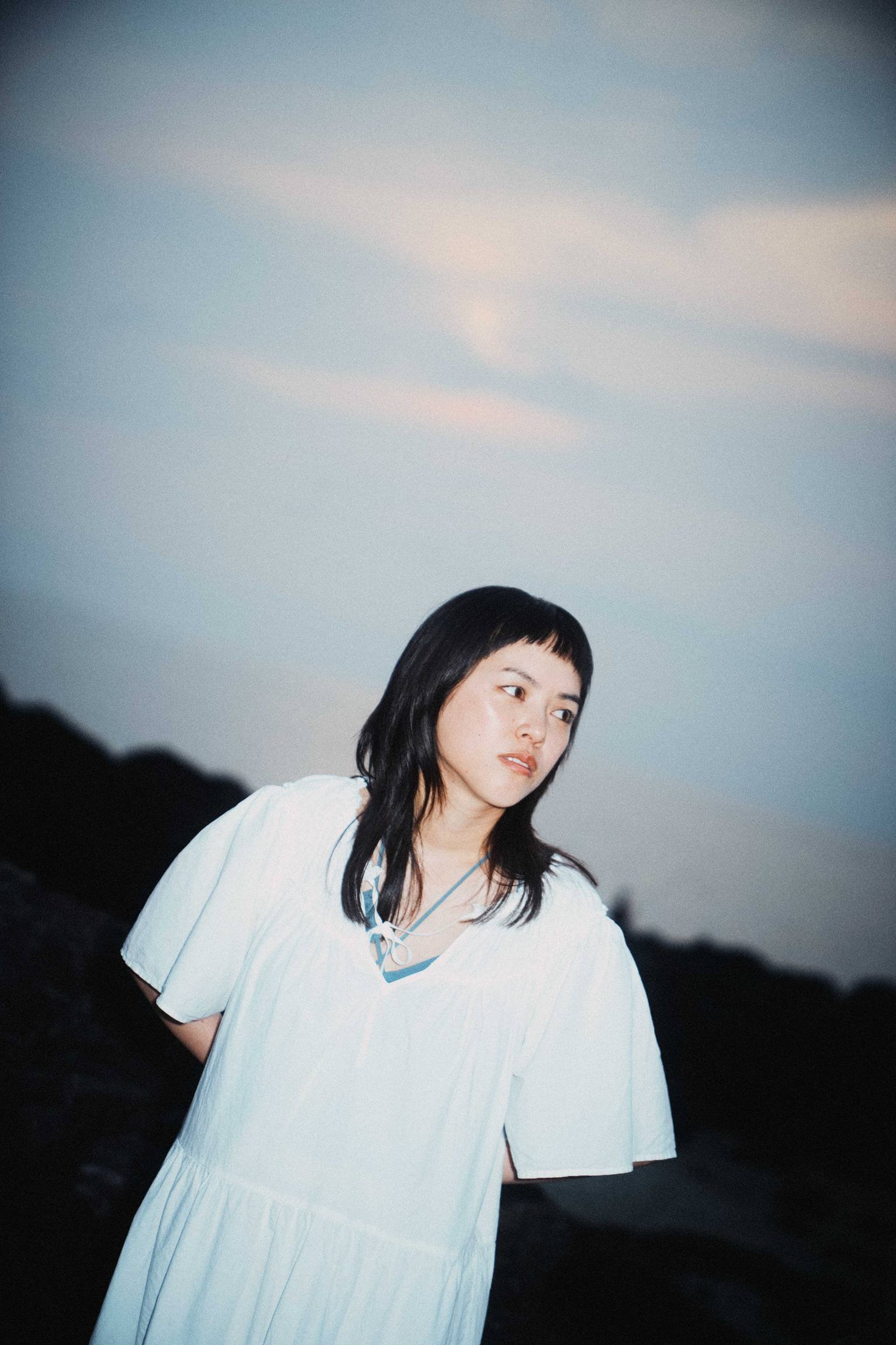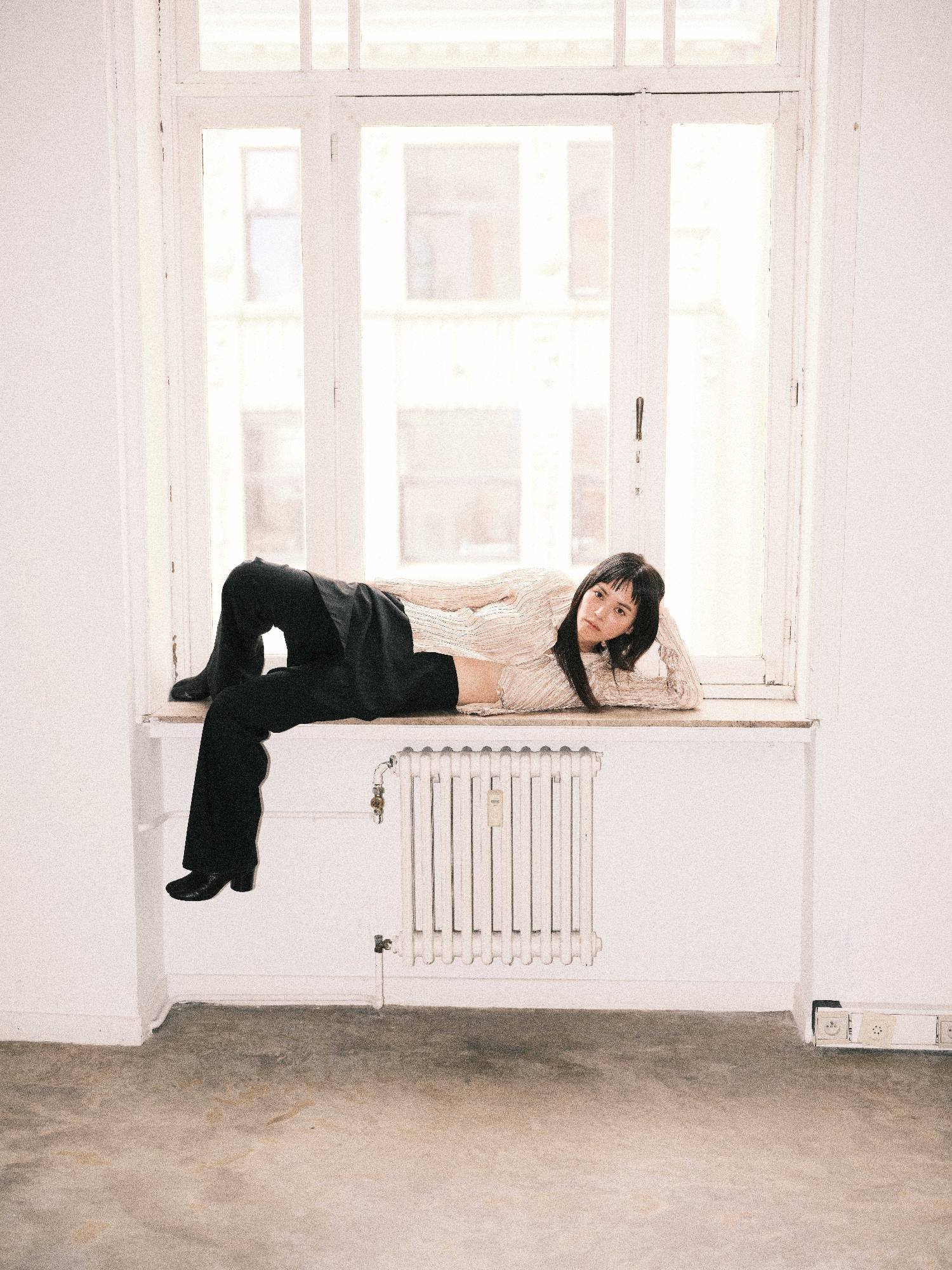Shoko Igarashi
Shoko Igarashi’s approach to music composition reflects a dynamic tension between intuition and structure. With roots in jazz and electronic music, her process often begins with improvisation, shaping a song’s framework without rigid adherence to conventions like 4/4 meter. Tracks evolve organically, weaving diverse ideas into cohesive pieces. She likens this to creating a patchwork quilt—guided, instinctual, yet unpredictable. While some compositions find balance, others remain unfinished, awaiting the right alignment of elements.
For Igarashi, music mirrors life experiences, including the duality of joy and struggle inherent in both creative expression and personal milestones like giving birth. This profound connection informs her recent album, blending raw emotion with technical precision.
Her use of the Tenori-on, a digital instrument, exemplifies this interplay of tradition and innovation. Whether employed for improvisation or as a compositional tool, the Tenori-on becomes a vessel for her voice, grounding her sound in both her Japanese heritage and a broader, global context.
Here new album 'Onsen Music' is coming via Tigersushi on December 6th.
With your background in both jazz and electronic music, how do you approach the improvisation with structured production?
I use improvisation to shape a song's structure. For example, “SUZY” from this album is entirely through-composed. I improvise to create a complete piece without relying on predetermined motifs or rhythmic patterns which means I am not so stric to keep 4/4 meters. So sometimes I even adjust meters to ensure that each idea’s flow fits the song. I throw in a variety of ideas from start to finish, weaving them together to achieve balance. It feels like crafting a beautiful patchwork. I enjoy this approach to songwriting—it’s somewhat random yet guided by my instincts and preferences. Of course, it doesn’t always work. Some tracks remain unfinished, sitting quietly on my hard drive, waiting for the right balance of ideas.
What personal experiences or cultural themes resonate most in your music on Onsen Music?
Perhaps the experience that resonates most with my music at this time is giving birth. I composed all the songs during my pregnancy and after I gave birth. In many ways, both experiences share a similar feeling: they are both joyful and painful. I truly enjoy composing, but as I mentioned earlier, I sometimes struggle to balance my ideas or complete a piece. It’s painful to let unfinished ideas sit for a long time. At the same time, there’s immense joy in completing a song. When I listen to a mastered track, I feel something indescribable—something akin to what I felt after giving birth.
In your view, how does the use of the Tenori-on alter the traditional role of melody in electronic music?
The Tenori-on, created in the 2000s, feels like a traditional instrument for making electronic music in its own way. I use it in many different ways though: for improvisation, as a manipulator or controller for other synths, and as a tool for composing ideas, among other things. I feel a deep connection with this instrument. I hope to create something truly original through my approach to using the Tenori-on, making it a defining element of my music. My goal is for it to become one of the symbols of my sound and give me a distinctive voice that represents who I am as Shoko Igarashi.
How do you see your music as a bridge between the intimate, personal aspects of your cultural heritage and a broader global audience?
It’s always such a pleasure to know that people from different places connect with my music, listen to it, and feel something from it. That’s why I play music and continue creating, evolving, and learning new things. However, I think many people sometimes lose sight of why they make music. For me, the guiding principle is to respect what I want to do. I always try to stay true to myself and remember my intentions. It’s easy to lose track of this in today’s global world, with social media and instant access to all kinds of cultures. If I only focus on pleasing others, the meaning of my existence as an artist fades away.
What significance does your relationship with Japanese City-Pop have in the context of your broader musical experimentation?
The music now referred to as Japanese City Pop was everywhere when I was little. As a millennial kid (I was born in the ’90s), TV was my main source—100% of my exposure to cultural content came from it. The first time I truly recognized music was through my encounter with jazz. City Pop, on the other hand, was just a “sound” I heard while watching TV shows. I didn’t consciously acknowledge its presence until much later, around 2010–2015, when it suddenly became popular on YouTube. So, I wouldn’t say City Pop was a major influence or a particularly important experience for me. However, it was definitely part of my daily life, shaping me in subtle, subconscious ways. For example, with YMO (Yellow Magic Orchestra), I never actively sought out their music, but I still knew their songs because they were everywhere in Japan when I was growing up. I didn’t “listen” to it in the traditional sense—it was just naturally present. It’s similar to how I speak Japanese: it’s effortless, like a native tongue. City Pop felt like that—something ingrained in my environment rather than a deliberate choice.
Can you reflect on the connection between anime soundtracks and the storytelling in your music?
When it comes to anime soundtracks, it's a different story from Japanese city pop. I watched a lot of anime, especially from the '80s and '90s, which are considered the golden era of Japanese animation. Each of these anime, particularly the great masterpieces, often has a remarkable composer behind it—someone who is deeply influenced by various music genres and classically trained. Sometimes the music is so closely tied to the animation that it feels like these composers were part of a solid team creating something more than just entertainment for kids or casual viewers.
There's a real sense of commitment in their work. It wasn't until later that I realized many of my favorite anime soundtracks are heavily influenced by jazz. Cowboy Bebop is one of the soundtracks that had a profound impact on me; I was almost shocked by how the music resonated with me while watching the series. Space Cobra is another one of my favorites, and Ranma 1⁄2 is a classic. I especially enjoyed how they changed the opening and ending songs from time to time, and I'd always find myself liking the new tunes.
That’s part of why I kept watching the series. When I compose songs for my album, I always use a computer to create them. I select sounds that align with my personal preferences, and that’s when my taste really shines through. Deep down, I can trace these sounds back to the anime soundtracks I grew up with. It’s not that I consciously copy their music, but rather that it naturally flows from within me, like something rising from beneath the surface. The influence is there because I spent so much time listening to those soundtracks as a child.
Interview by DONALD GJOKA
What to read next














